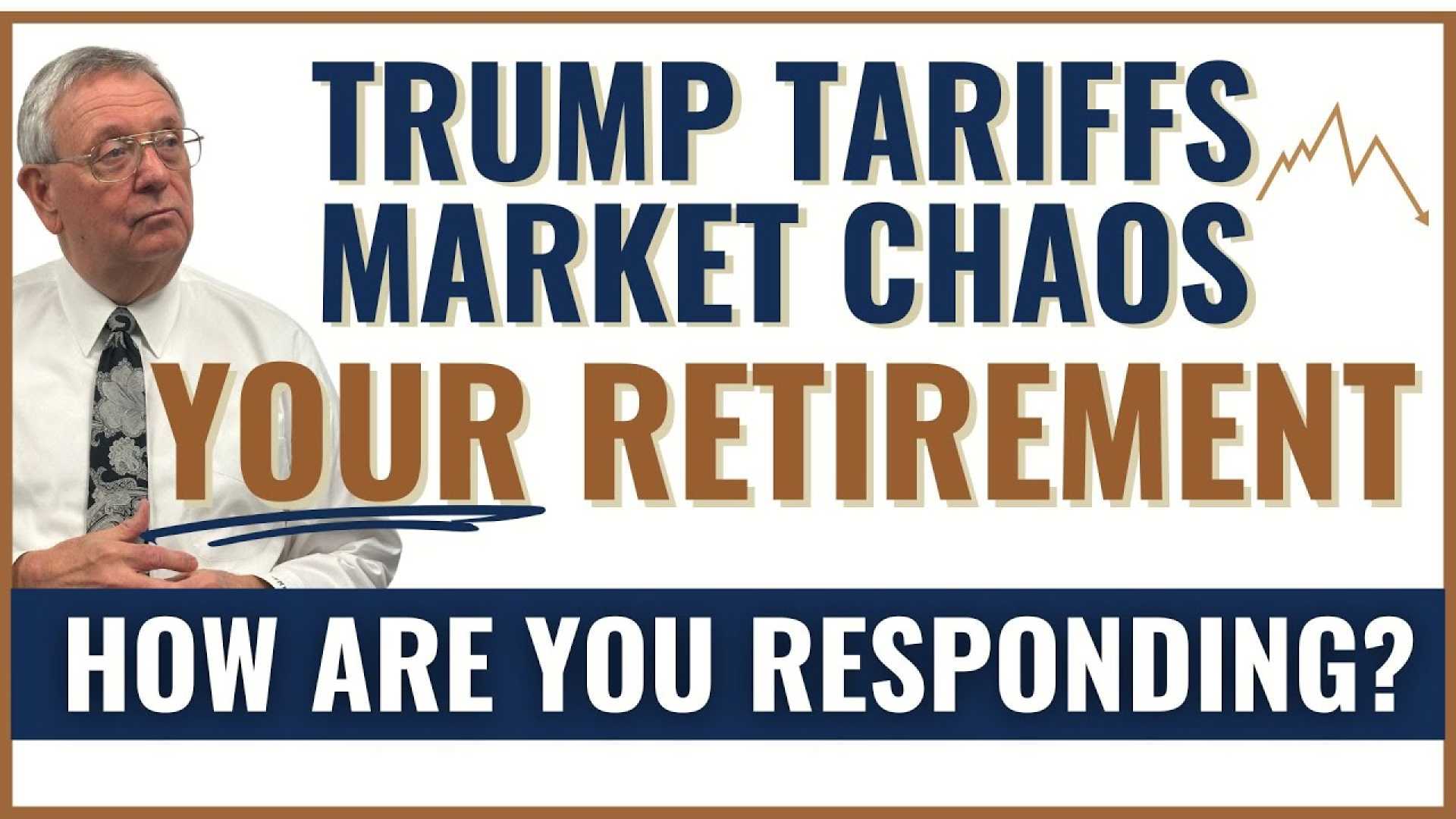Business
Trump’s Tariffs Trigger Unprecedented Global Financial Disarray

NEW YORK, NY — When President Donald Trump announced sweeping tariffs earlier this month, he heralded it as “Liberation Day.” However, the repercussions may be severe, leading to declining faith among investors in the U.S. financial system.
This month, an unusual convergence of economic indicators has wreaked havoc on Wall Street, with stocks, bonds, and the dollar all experiencing declines simultaneously. The Dow Jones Industrial Average alone dropped nearly 1,000 points, resulting in a fall of more than 2% of its value, as it fell to a three-year low against a basket of major currencies.
Financial analysts express concern that such sell-offs indicate a loss of confidence in the U.S. as a safe haven for investments due to Trump’s unpredictable policy decisions. If this turns out to be true, it could mark a significant shift in the global financial landscape. The U.S. has long been viewed as a bastion of stability, but this crisis challenges that perception dramatically.
Investment markets typically show resilience in times of upheaval, with investors flocking to U.S. government bonds (Treasuries) and the dollar for security. However, recent events suggest that many investors are reconsidering this strategy. Initially spurred by Trump’s tariff announcement on April 2, markets around the world reacted negatively, and that reaction has amplified over the days following the declaration.
“There is a significant amount of panic and uncertainty in the market now,” said analyst Kevin Ford of Convera. “We are in uncharted territory, and it’s difficult to predict how this will unfold moving forward.”
Traditionally considered one of the safest assets, U.S. Treasuries have seen a rise in yield, indicating increased costs for the U.S. government to borrow money. History shows that investor trust is hard to regain once lost, and many economists predict this might be a long-term trend if current conditions persist.
Worse still, the looming threat of tariffs on countries such as Vietnam—and the retaliation from China—could impose additional stress on U.S. foreign relations and trade dynamics. China, one of the largest holders of U.S. bonds, currently owns over $750 billion, and anything that disrupts that relationship could have far-reaching implications.
In a conversation with industry experts, Marc Chandler, Chief Market Strategist at Bannockburn Capital Markets, remarked, “Trust is a fragile commodity. It can take years to build but a moment to destroy. The U.S. stands at a pivotal moment to either affirm or undermine its position in the global market.”
The recent panic seen on investment floors globally points to an urgent need for clarity from the U.S. government on its future economic policies. While Secretary of the Treasury Scott Bessent denied the notion of a widespread sell-off of U.S. bonds by foreign investors, ambiguity continues to loom over its validity.
As the markets react to Trump’s policies, analysts note an increasing likelihood of repercussions on the U.S. economy and its global standing. Future developments will determine whether the U.S. can regain its place as a preferred investment destination.












